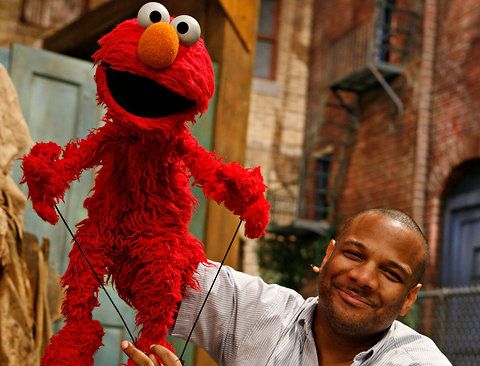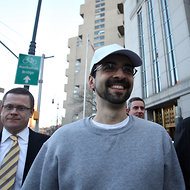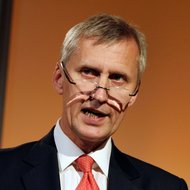Eliot Spitzer, Jennifer Granholm, Joy Behar and the other hosts on Current TV have no idea what comes next.
On Wednesday, their television home was sold to Al Jazeera, which plans to remake Current into an international news channel with newscasts from New York and Al Jazeera’s headquarters in Doha, Qatar.
The hosts and their staffs haven’t been told what that means for them, however. Some of the employees may be absorbed into the new channel that Al Jazeera intends to start later this year. But layoffs are anticipated in the weeks ahead, according to people at the channel who spoke on condition of anonymity because they did not want to upset the new owners.
One of the hosts, Ms. Granholm, has already signaled that she is leaving the channel. Her contract to host the 6 and 9 p.m. program “The War Room” expired after the presidential election, and she renewed for just three months.
“We’ll continue to broadcast ‘The War Room’ for the next few weeks through the transition, but after that I’ll be going back to teaching, speaking and other things,” she wrote on Facebook on Wednesday night.
Theoretically, Al Jazeera might want to keep at least some of the shows that Current carries, since it wants 60 percent of the programming on its new channel to come from the United States.
Mr. Spitzer, who has hosted the 8 p.m. program “Viewpoint” since spring, declined to comment on whether he would consider staying if asked. For Mr. Spitzer, television is a way to fight for his point of view. But given his presumed political aspirations, he may hesitate to be associated with Al Jazeera.
Current has one show with a sitting politician, Gavin Newsom, the lieutenant governor of California. Mr. Newsom has not commented publicly about the sale. Nor has Ms. Behar, the comedian who was hired by Current last summer in a bid to draw more viewers to the low-rated channel.
The Web is an alternative outlet for at least one of the channel’s hosts, Cenk Uygur, who made a name for himself by co-founding a progressive talk show on the Internet, “The Young Turks,” before moving to television. He helms the 7 p.m. hour on Current.
“We will continue that TV show for at least another three months,” Mr. Uygur said on Twitter on Wednesday night. Then he linked to the YouTube page for his Internet talk show and said, “Here is where you can watch ‘The Young Turks’ no matter what happens.”
Article source: http://mediadecoder.blogs.nytimes.com/2013/01/03/questions-linger-for-hosts-after-sale-of-current-tv/?partner=rss&emc=rss






